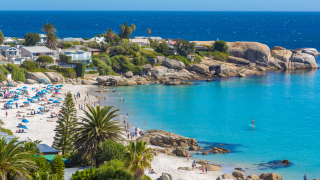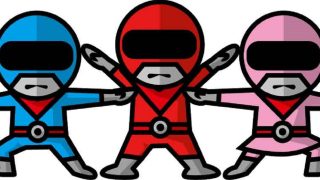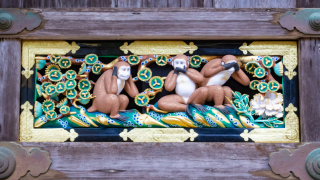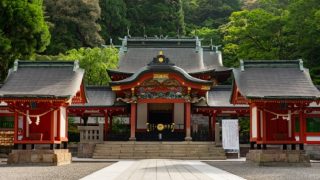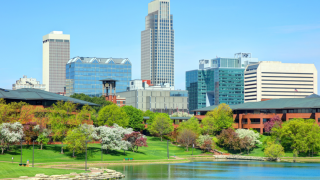 LOANWORD
LOANWORD Why Nairobi Has No Kanji Representation: Japanese Perceptions of Kenya’s Capital
In Japanese writing, Nairobi has no kanji equivalent and is always expressed in katakana. While this reflects linguistic accuracy, the city itself sparks strong cultural images among Japanese people. Nairobi is viewed simultaneously as a hub of international business and a land close to nature and wildlife.

